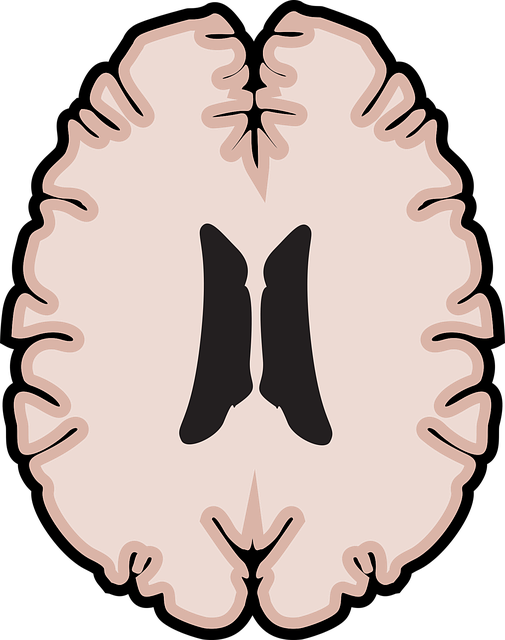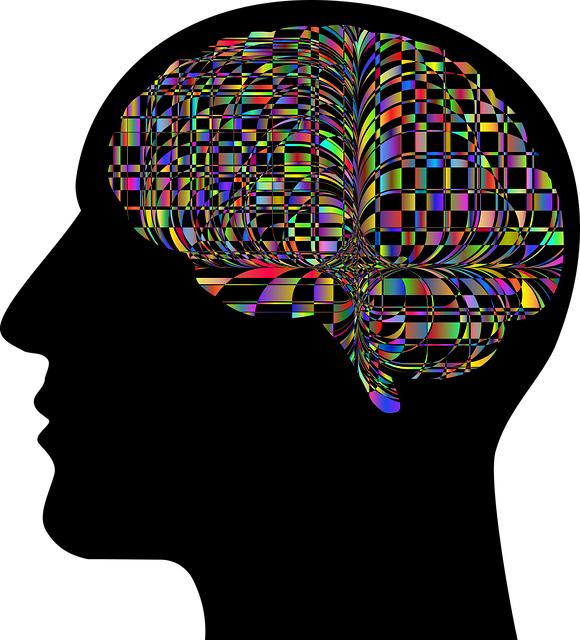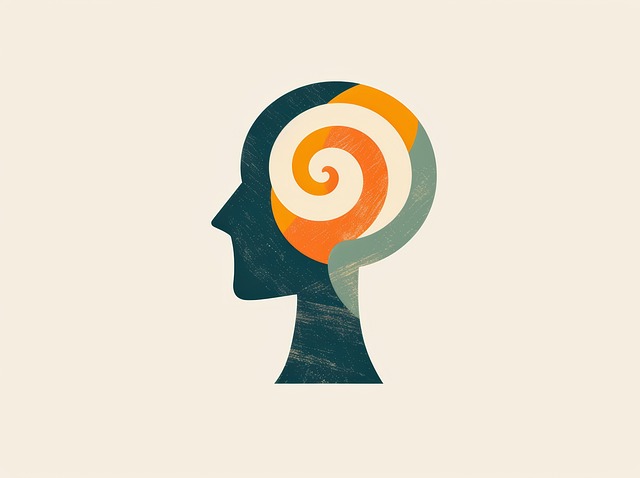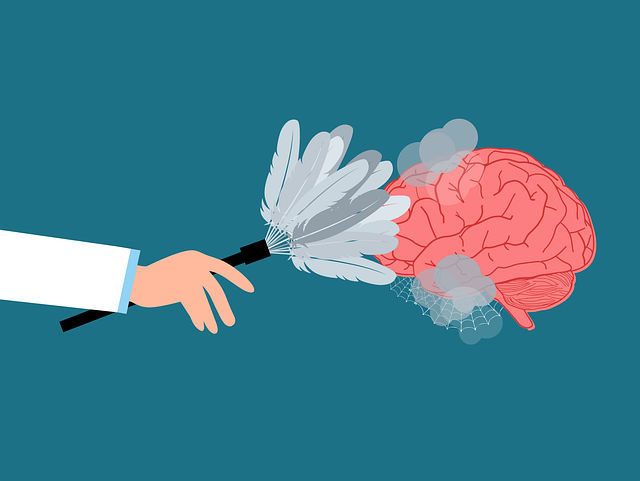Emotional Intelligence (EQ) is a powerful tool for managing mental health issues like Centennial Post-Traumatic Stress Disorder (PTSD), offering strategies to regulate emotions, reduce reactivity, and build resilience. EQ enhances various life areas including academic performance and career growth. Public awareness campaigns promoting compassion cultivation can significantly boost EQ, fostering self-awareness, empathy, and compassionate interactions. Centennial PTSD Therapy provides tailored treatments, including mindfulness and cognitive reframing, to process trauma and develop healthy coping mechanisms. By cultivating EQ through self-care routines, social skills training, and setting achievable goals, individuals can recover from PTSD and prevent depression, fostering resilience and adaptability.
Emotional intelligence is a powerful tool for navigating life’s challenges and cultivating mental well-being. This article explores the multifaceted concept, starting with an understanding of its impact on mental health. We delve into specific strategies for managing post-traumatic stress disorder (PTSD) using Centennial Post-Traumatic Stress Disorder Therapy, offering valuable insights for building resilient emotional intelligence in daily life. By the end, readers will be equipped with practical knowledge to enhance their emotional resilience and overall mental fortitude.
- Understanding Emotional Intelligence and Its Impact on Mental Health
- Identifying and Overcoming Post-Traumatic Stress Disorder (PTSD)
- Strategies for Enhancing Emotional Intelligence in Everyday Life
- The Role of Centennial Therapy in Building Resilient Emotional Intelligence
Understanding Emotional Intelligence and Its Impact on Mental Health

Emotional intelligence (EQ) refers to one’s ability to recognize, understand, and manage their own emotions, as well as empathize with and influence the emotions of others. It goes beyond mere emotional awareness; it involves using this understanding to guide thoughts and actions, fostering positive interactions and relationships. The development of EQ is particularly crucial in navigating mental health challenges, including conditions such as Centennial Post-Traumatic Stress Disorder (PTSD). By cultivating emotional intelligence, individuals can gain valuable tools for managing distressing emotions, reducing reactivity, and enhancing resilience.
Beyond its impact on mental health, EQ plays a pivotal role in various aspects of life, from academic success to career advancement. In the context of public awareness campaigns development, promoting practices like compassion cultivation can significantly contribute to building emotional intelligence. These practices encourage individuals to develop greater self-awareness, empathy, and compassionate responses towards themselves and others, thereby fostering a more supportive and connected society.
Identifying and Overcoming Post-Traumatic Stress Disorder (PTSD)

Many individuals struggle with emotional intelligence due to past experiences that may have left them dealing with post-traumatic stress disorder (PTSD). Recognizing and addressing PTSD is a crucial step in building emotional intelligence, as it impedes our ability to connect with ourselves and others. Centennial Post-Traumatic Stress Disorder therapy offers effective treatments tailored to help individuals process traumatic memories and develop healthy coping mechanisms.
Through trauma support services like therapy, individuals can learn powerful emotional well-being promotion techniques, such as mindfulness practices and cognitive reframing, to manage symptoms and reclaim their lives. Social skills training is another valuable component, teaching individuals strategies for effective communication, empathy development, and building supportive relationships – all vital aspects of cultivating emotional intelligence.
Strategies for Enhancing Emotional Intelligence in Everyday Life

Emotional intelligence, or EQ, is a skill set that can be cultivated and enhanced throughout one’s life. By implementing certain strategies, individuals can improve their emotional awareness and regulation, which are key aspects of EQ. One effective approach is to engage in regular self-care routine development for better mental health. This includes practices such as mindfulness meditation, journaling, and exercise, all of which promote self-reflection and a deeper understanding of one’s emotions.
Additionally, social skills training plays a significant role in building emotional intelligence. Building strong relationships and fostering effective communication can help individuals navigate social situations with greater ease. This is especially relevant when considering the potential impact of centennial post-traumatic stress disorder (PTSD) therapy, where improving social connections and emotional regulation skills can significantly enhance recovery outcomes. Moreover, focusing on depression prevention strategies, such as setting achievable goals and maintaining a positive outlook, contributes to overall emotional well-being and resilience.
The Role of Centennial Therapy in Building Resilient Emotional Intelligence

Centennial Therapy, specifically tailored to address Post-Traumatic Stress Disorder (PTSD), plays a pivotal role in cultivating resilient emotional intelligence. This therapeutic approach goes beyond traditional stress management techniques, delving into the root causes of trauma and its lasting effects on mental health. By employing evidence-based practices, Centennial PTSD Therapy empowers individuals to develop coping mechanisms that enhance their ability to navigate life’s challenges emotionally.
One of the key aspects is teaching effective burnout prevention strategies for healthcare providers, a demographic often at high risk due to their exposure to traumatic situations. This therapy encourages self-care and emotional awareness, crucial elements in risk management planning for mental health professionals. Through Centennial Therapy, individuals gain tools to recognize and regulate emotions, fostering a more resilient and adaptable mindset that can significantly reduce the impact of stress and trauma on their lives.
Emotional intelligence, a key component of overall well-being, significantly impacts mental health. By understanding and managing emotions, individuals can effectively navigate challenges like Post-Traumatic Stress Disorder (PTSD). Implementing everyday strategies and exploring therapeutic approaches such as Centennial Post-Traumatic Stress Disorder Therapy can greatly enhance emotional resilience. This integrated approach equips folks with the tools to recognize, process, and respond to their emotions healthily, fostering a symphony of mental strength and adaptability.














